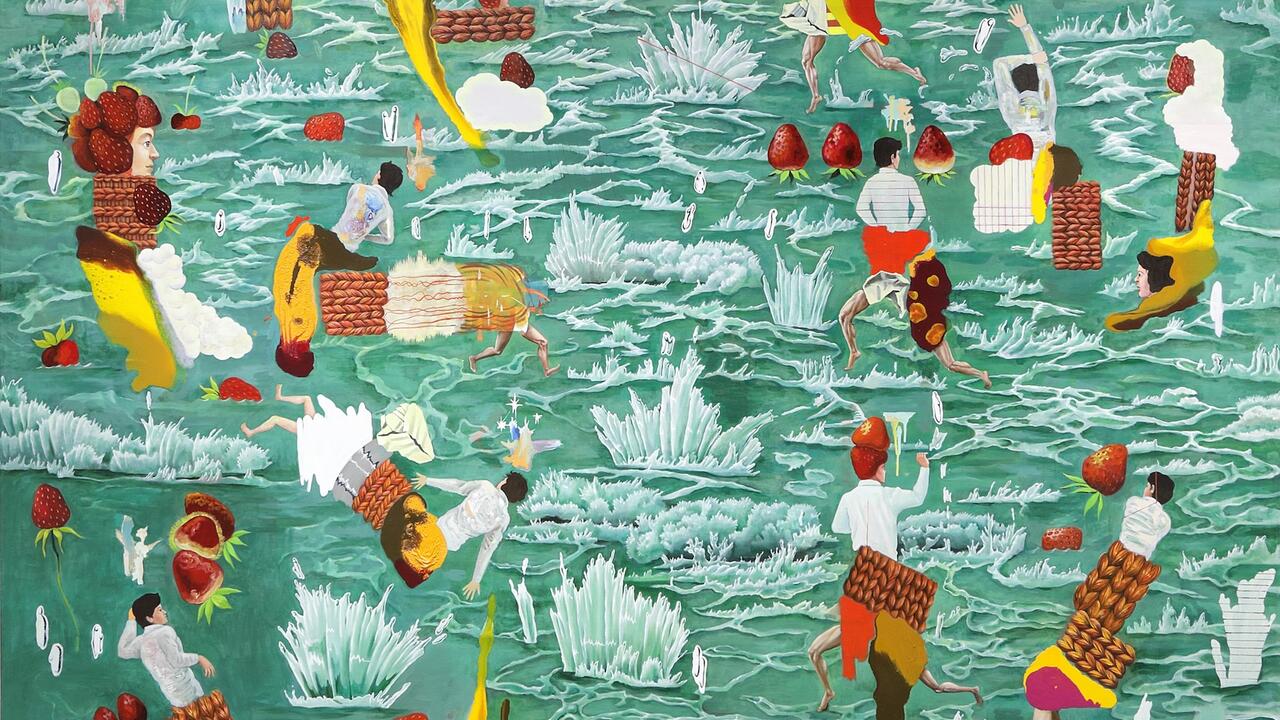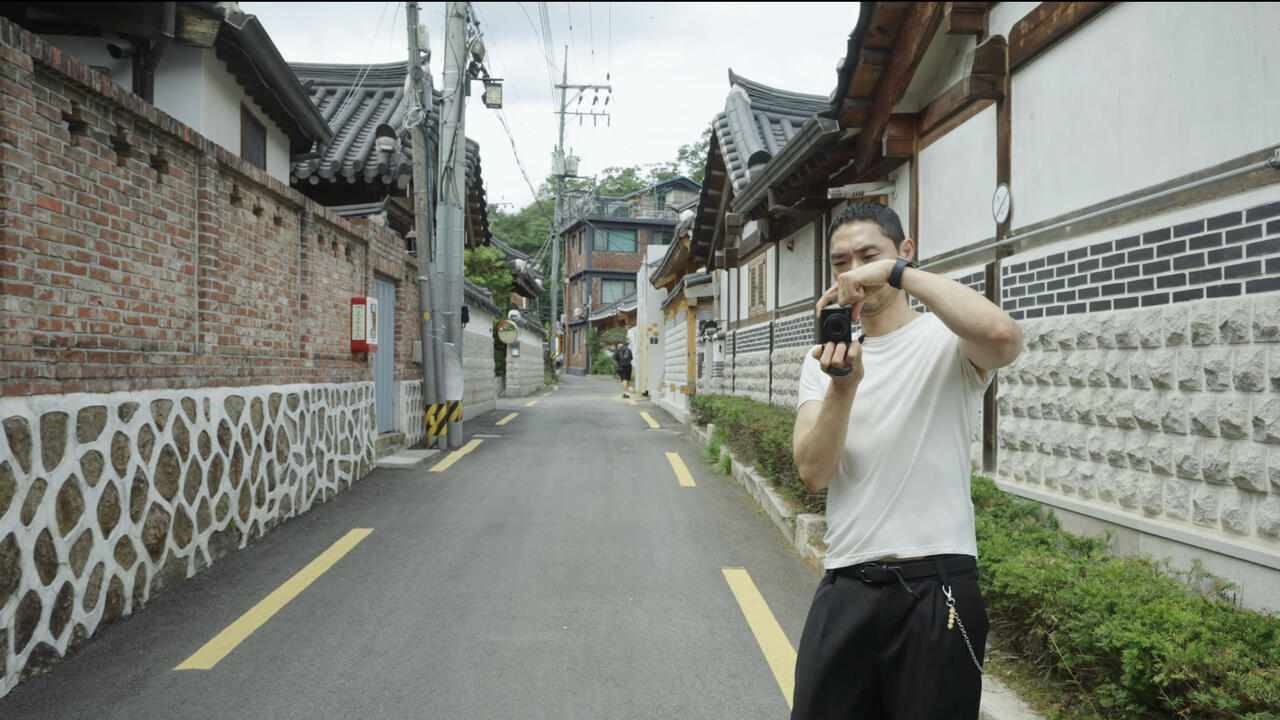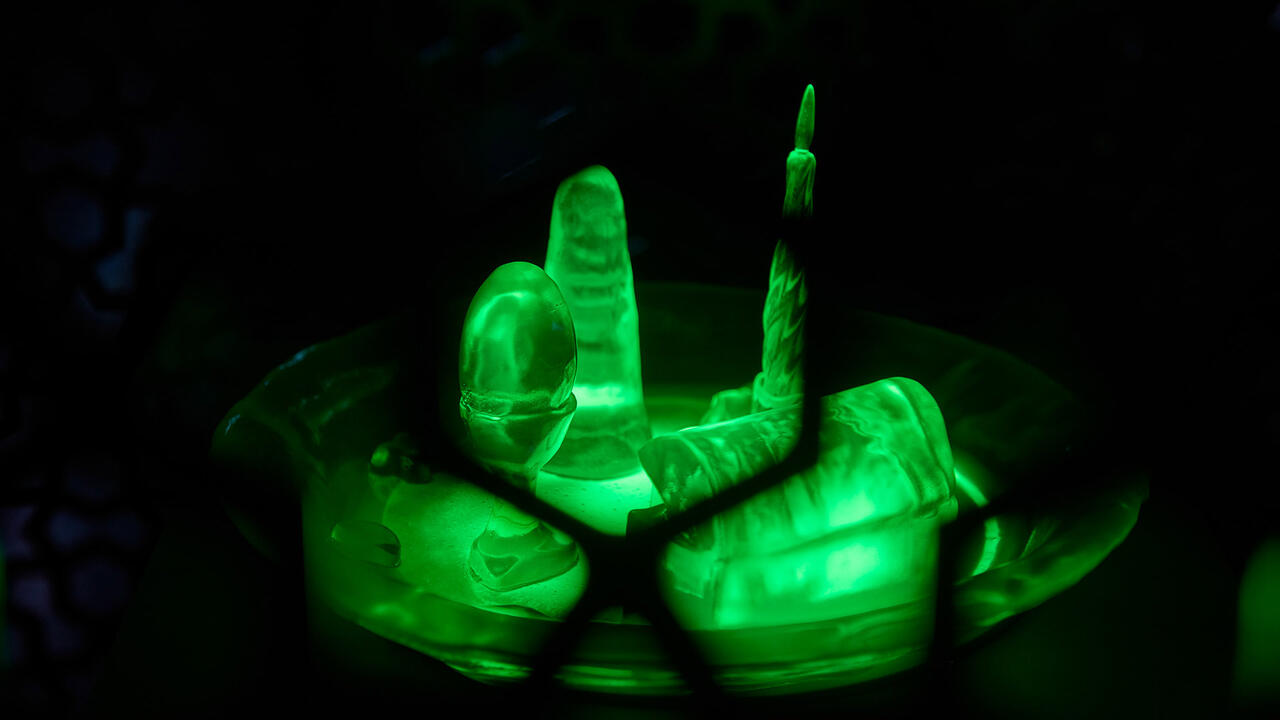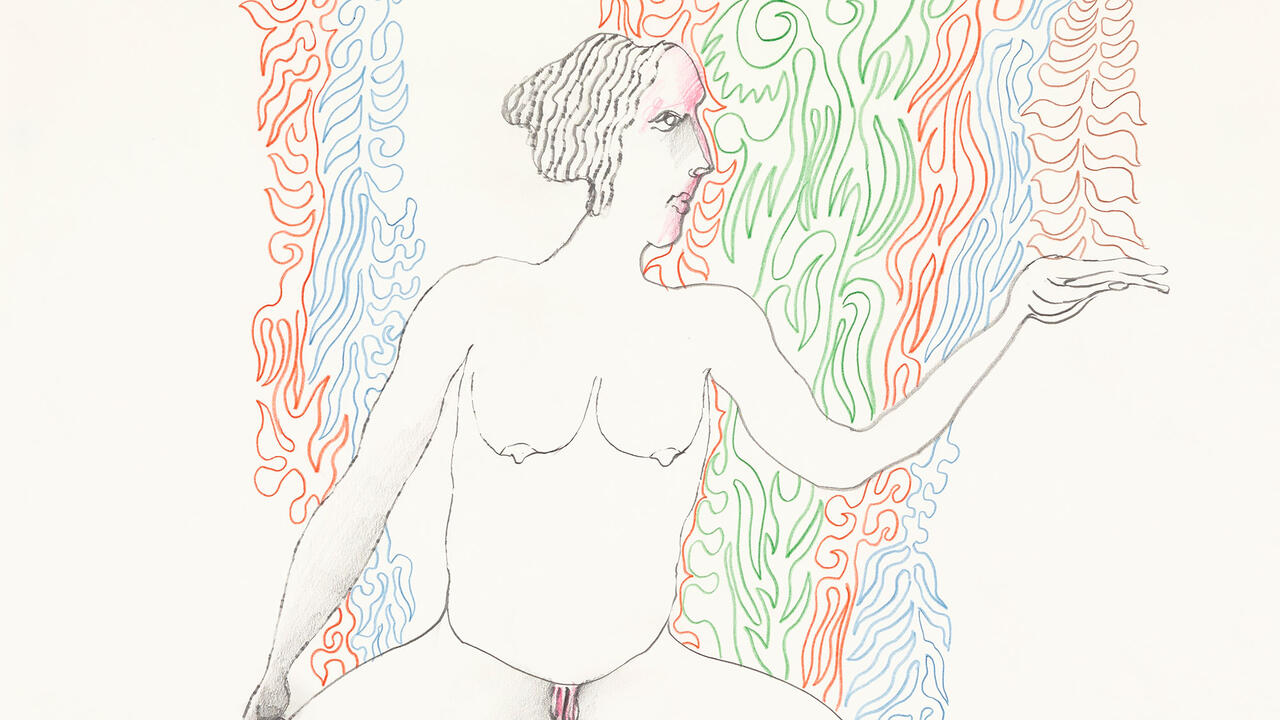Reading Circle
The notion that curators are artists is one that has gained currency in recent years. Where did the idea originate?
The notion that curators are artists is one that has gained currency in recent years. Where did the idea originate?
I am sitting in a circle of eager, mostly young artists at a workshop in the dry hills outside Los Angeles. We are there to discuss their art and ideas, and so I wear my painter/teacher hat, which I keep ready for times when I have had enough of art world discourse and deals and need to restore myself by direct contact with hopeful makers and the hopeful things they make. Inevitably, though regrettably, the discussion veers into issues of career, criticism, the market and institutional power. I am a card-carrying member of the system, and they want to know if they have a fighting chance or if the worst they have heard is true. I try to allay their suspicions without kidding them. Lately, however, there has been a new topic with a slightly different emphasis, and on this occasion it comes up immediately. Thus one of the most sophisticated participants in the conversation asks as if there was really doubt about the answer, ‘Don’t you think curators nowadays have in essence become artists?’ The source of this question is worth retracing.
Since the 1980s students prepped by Postmodern theory mavens have been parroting Roland Barthes’ statement regarding the death of the author as if this death had been medically certified. Given the short literary and historical memory common to many who have invested their ambitions in Po-Mo studies in expectation of securing a place in the guild, it is perhaps noteworthy that very few seem to be aware that the earth-shaking idea that it is the reader as much as the writer who creates the meaning of texts did not originate with Barthes. Indeed, it was very effectively and entertainingly advanced by Oscar Wilde, in a great Diderotian dialogue, ‘The Critic as Artist’, published at the end of the 19th century. But, of course, Wilde’s arch aestheticism is distasteful to today’s anti-aestheticians, so blind spots of this order are unsurprising. Meanwhile, though, I am struck by the fact that virtually no one presently adopting Barthes’ position bothers to take note of its specific polemical nature in a country and culture – France of the 1960s and before – where the cult of the author had reached such delirious heights, unimaginable elsewhere, that even now in its decline post-Structuralist gurus Jacques Derrida, Michel Foucault and Barthes himself are entombed in the scholarly equivalent of fanzines plump with documentation of their private and public lives. Who will contextualize the contextualizers, deconstruct the deconstructors and critique the critiquers – not to belittle or destroy their work but to apply it self-reflexively to the class to which they belong and remind them and their cohort that they too are subject to social, economic and ideologically forces and temptations – and (Bourdieu, where have you gone?) how long must we wait?
Among the many readers dialectically born from the author’s death, it seems some are more privileged, prolific and politically adept than others, with the result that the reader-as-critic-as-auteur (that’s French for author, Dorothy, but don’t look behind the screen) has eclipsed the great writer of the establishment. As what? As a great writer of the anti-establishment. Barthes had a sense of humour about this, as revealed in his memoir, which first appeared in a series in which canonical figures were presented largely through excerpts from their own texts; that is, each was accounted for par lui-même (‘by himself’). Thus the clever Barthes penned his own portrait as ‘Roland Barthes by Roland Barthes’, closing the ostensibly adversarial writer–critic circle and confounding enemies and supporters alike. While the number of theorists – master or journeyman – who bask in his reflected glory are legion, I can think of few operating under his aegis who have had anywhere near as much fun or created so much pleasure and insight by playing all sides against the middle. But whereas most of those in his camp are adapters and explainers, Barthes was not only an original thinker – yes, I know originality is dead too – but a dazzling and versatile stylist in a language made for his multi-tiered verbal games. Moreover, Barthes seemed to be free of the crippling inner weakness and not so hidden professional agenda that skews much of the writing of his disciples: author envy. With the phallus well and queerly in hand, Barthes ‘lacked’ nothing Lacanically speaking.
The perennial discontents of curators are informed by many of the same factors, plus several others proper to their discipline. I will not call it a medium since that automatically concedes the point to those who would elevate curators to the status critics have achieved through the ‘auteurization’ process sketched above. In response, then, to the question asked me in sunny California, ‘No I do not think curators are artists. And if they insist, then they will ultimately be judged bad curators as well as bad artists.’ I will save my reasons for the next column.

















